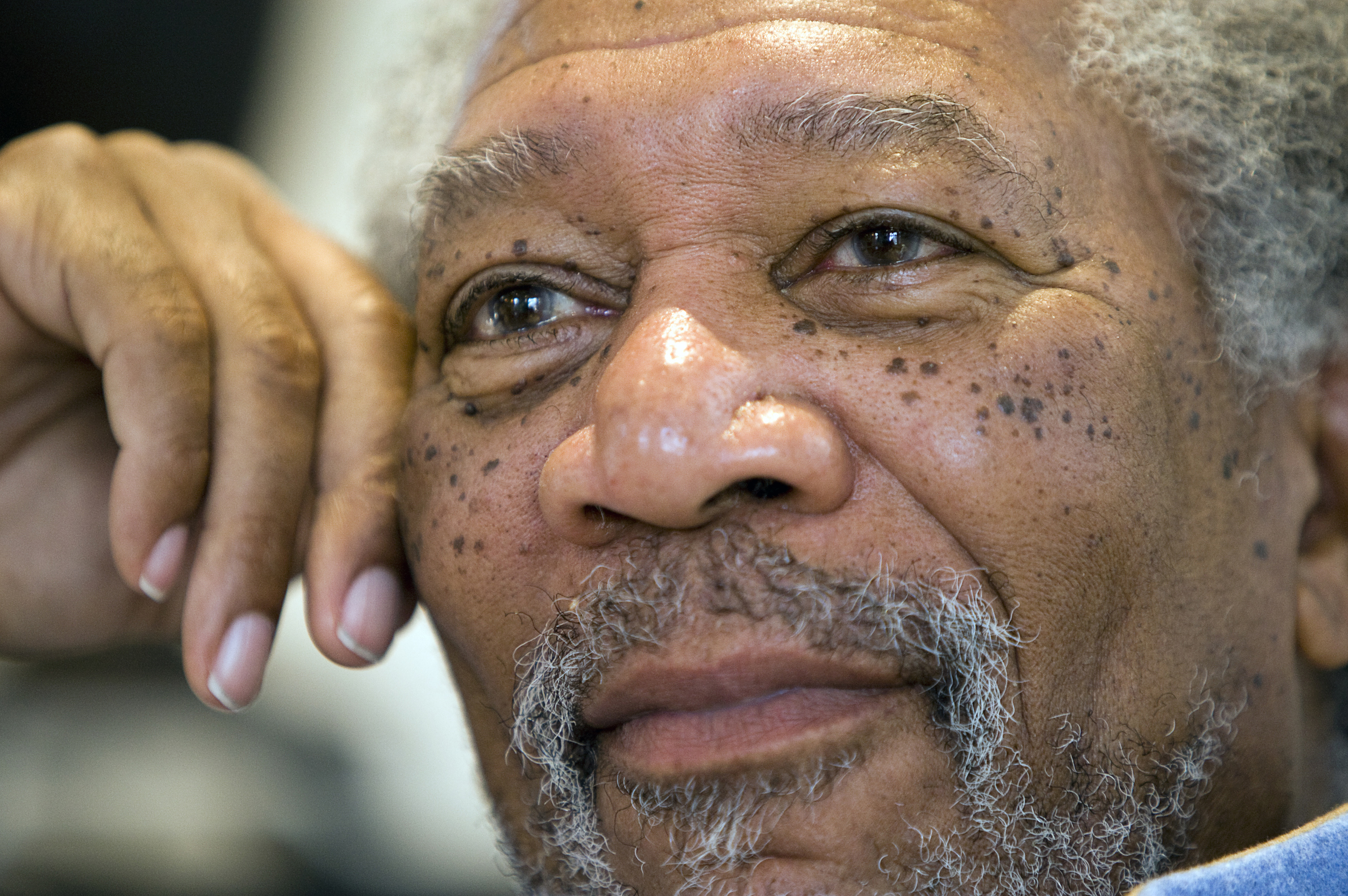11 Dec 2024

Tired Earth
By The Editorial Board

Freeman has converted his sprawling ranch in Mississippi into a sanctuary for bees. The actor, who is 81, set up 26 beehives on his ranch and planted species of trees that bees like, including lavender and magnolia trees. He did so, he says, after he had learned about the plight of bees worldwide.
There’s a concerted effort to bring bees back onto the planet,” Freeman said on a talk show in 2014, which has just resurfaced on social media. “We do not realize that they are the foundation, I think, of the growth of the planet, the vegetation.”
The insects are becoming endangered because of habitat loss and the wanton use of pesticides and insecticides. The drastic drop in their numbers has alarmed not only environmentalists but also farmers because bees serve a vital role in pollinating plants. Recently the European Union banned the use of certain pesticides in an effort to save honeybees and other insects from going extinct on the continent.
Freeman said he wanted to do his part in saving honeybees in Mississippi. “I have a lot of flowering things, and I have a gardener too,” the actor explained. “As she takes care of the bees too, all she does is figure out, ‘OK, what would they like to have?’, so we have got acres and acres of clover, and we have some planting stuff like lavender, I have got like, maybe 140 magnolia trees, big blossoms.”
The actor’s beekeeping initiative is important in two ways: it demonstrates that individuals can make a difference and, because of his celebrity, Freeman can also raise awareness of the dangers honeybees and other insects are facing worldwide.
Scientists have warned that there is an insect apocalypse under way around the planet. Insects like ants, bees and beetles are disappearing eight times faster than mammals, birds and reptiles. Unless the mass extinction of insects can be stopped or even reversed, not many species of creepy-crawlies will survive the century.
“Unless we change our ways of producing food, insects as a whole will go down the path of extinction in a few decades,” warn the authors of a study, Francisco Sánchez-Bayo, an entomologist at the University of Sydney, and Kris Wyckhuys, an insect ecologist at the China Academy of Agricultural Sciences. “The repercussions this will have for the planet’s ecosystems are catastrophic, to say the least.”
Source : sustainability-times.com
Comment